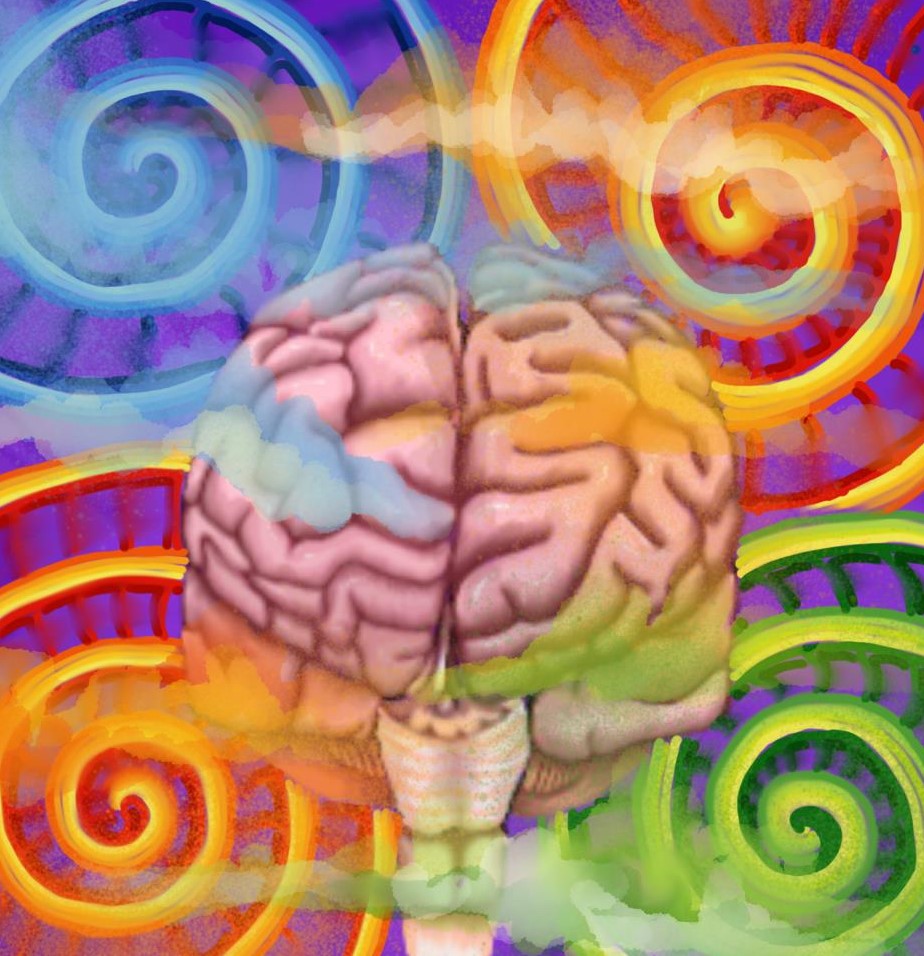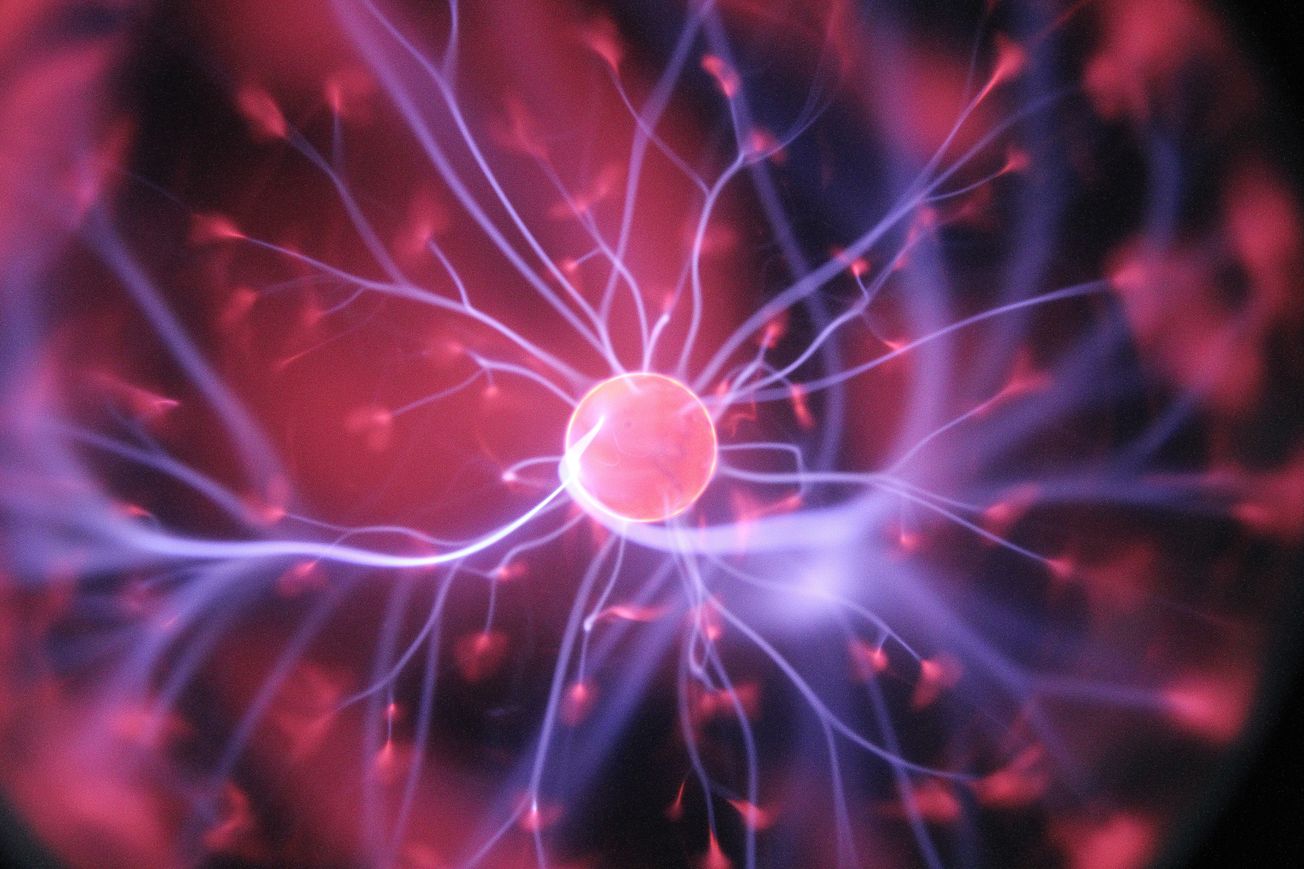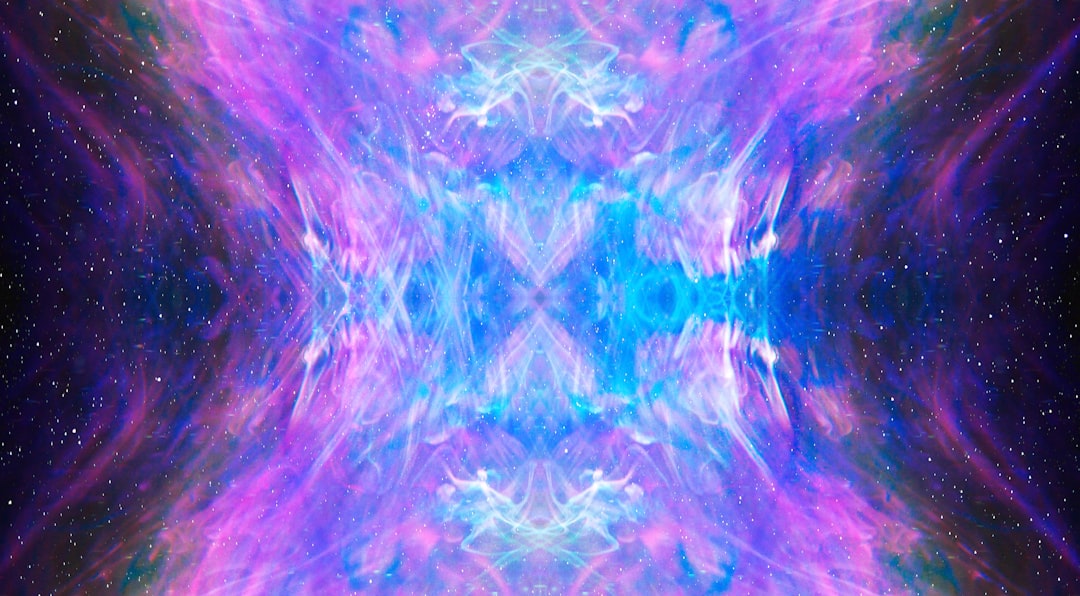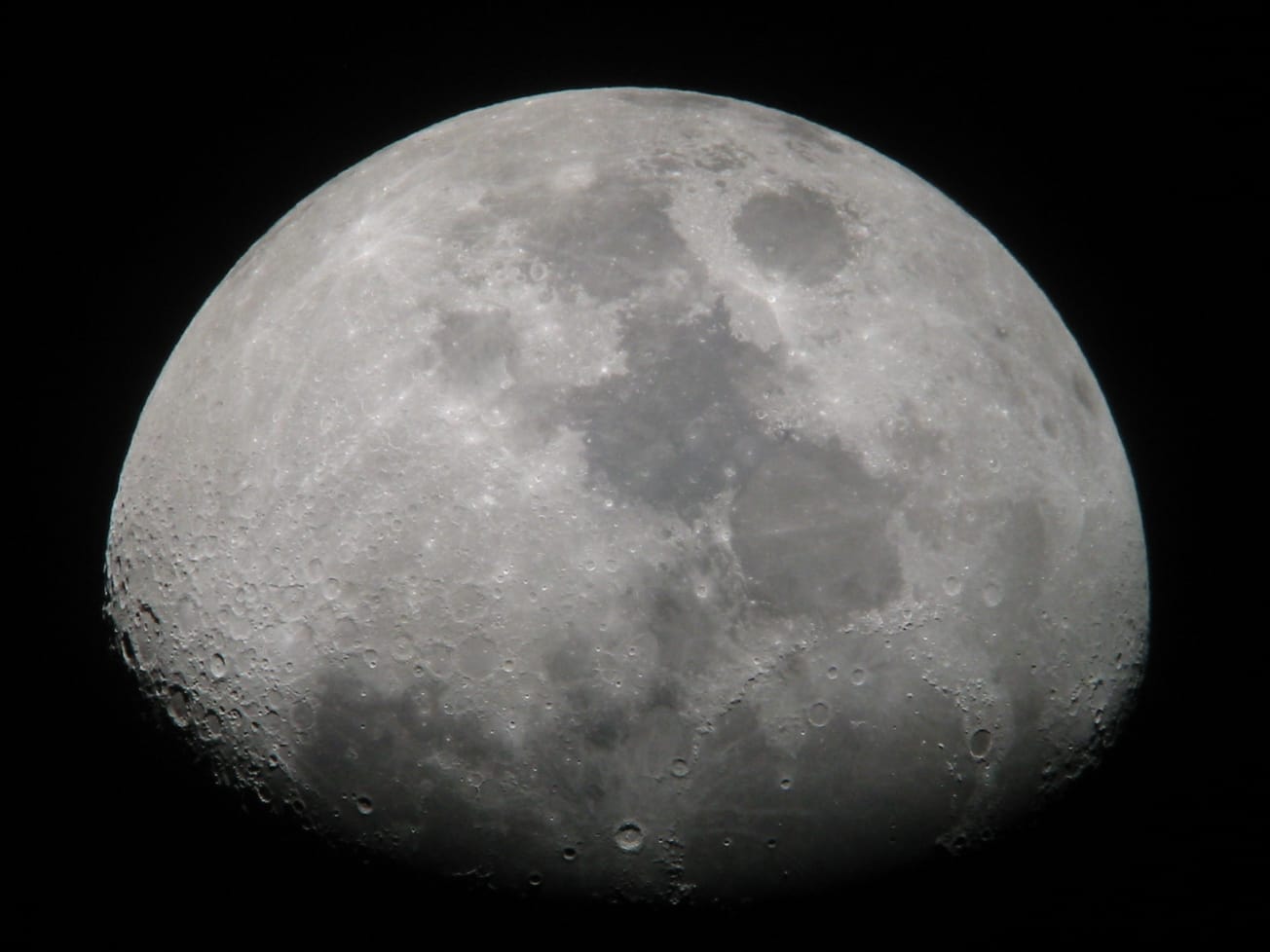By Genevieve Clapp, First Year Medicine
Could the ideas behind Netflix’s ‘Maniac’ be closer to Science-fact than science-fiction?
If, like me, you found yourself having binge-watched this recent Netflix series within a day or two of starting it, you will know how it is both incredibly addictive and ludicrous at the same time. I will never be able to un-see Emma Stone as a Lord of the Rings style elf with a British accent and an alcohol problem. For those who have yet to see it, the series focuses on Owen (Jonah Hill) – a diagnosed schizophrenic who is being pressured to commit perjury by his wealthy family – and Annie (Emma Stone) – an addict who is suffering from intense grief after losing her sister – as they enter a clinical trial for a drug that will supposedly solve all their problems. These two characters are guided by a supercomputer through a series of bizarre dreams and within each one they assume new identities, shifting not only between different eras of time, but also different universes. Every scene demands your attention, as even minute details, such as the name of a pet, contribute to the shows message. Although the idea of a drug and a supercomputer being able to take over the role of a therapist may sound far-fetched, the latest research is showing that psychedelics, like those taken by the protagonists, could be used to treat mental disorders.

Image by Genevieve Clapp
Psilocybin is a class A drug being trialed to treat depression, however it is more commonly recognized as the chemical that gives ‘magic mushrooms’ their psychedelic properties. One study published in The Lancet Psychiatry in 2016 showed that depressive symptoms were ‘markedly’ decreased after just one week of high-dose treatment using Psilocybin. LSD and mescaline have also been tested in similar studies, with the journal ‘Trends in Pharmacological Sciences’ saying that they are “promising treatments for addiction, depression, anxiety and other conditions”. What is particularly impressive is that they appear to have an affect on those who are anti-depressant resistant, which is a growing problem amongst those who suffer from depression. However, scientists are still struggling to explain how these drugs work. From looking at brain activity whilst under the influence of psychedelics, it is believed that they cause the ‘dissolution of the ego’ (our sense of self), which in turn allows people to view themselves objectively and disconnect from their emotions. In some ways Maniac reflects this idea, as when Owen and Annie adopt these new identities in the multitude of dreams they experience, they still suffer the same problems as they do in reality. This allow them to objectively look at their problems and overcome them, suggesting that the series may be more realistic than it initially seems.
Photo by Lucas Benjamin / Unsplash
Admittedly the ethical issues raised by ‘Maniac’ are more applicable to drug trials in general, as it looks at what happens when test subjects are pushed too far in an effort to benefit the wider population. In the UK, psychedelic research is threatened by different factors. Unfortunately, despite the promise shown in this field, researchers have been struggling to secure funding, due to the stigma surrounding psychedelic drugs and potential ethical difficulties. During the 1960s there was a fair amount of research into psychoactive drugs, but this came to a grinding halt in the 70s when psychedelics became classed as schedule 1 (a class of drugs not considered for medical use). This was followed by the tough stance on drugs that the UK has today, and it is believed by many that if we medicalize psychedelics their recreational use will also increase, endangering the lives of the public. Nevertheless, the times are changing and there has recently been a huge surge in campaigns for the reclassification of certain schedule 1 drugs, so that they can be used medically. It may not be long before we see ‘magic mushrooms’ and MDMA being prescribed in the same way that Cannabis oil can now be by specialist doctors.
Featured Image: Hal Gatewood/ Unsplash
What's your stance on the legalisation of psychedelics?
Find out more about the programme here.










